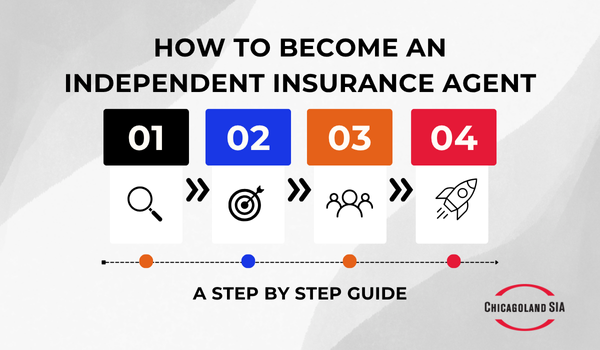Guide to Hosting In-Person Workshops for Clients and Prospects

Hosting in-person workshops is an excellent way for insurance agents to educate potential clients, build trust, and showcase their expertise. This step-by-step guide provides an overview of recommended steps to help you get started. Feel free to adjust and customize it to suit your own needs and style.
Define Your Goals and Audience
Goals: Determine what you want to achieve (e.g., generating leads, educating clients, promoting a specific insurance product).
Audience: Identify your target audience (e.g., small business owners, first-time homebuyers, retirees).
Choose a Relevant Topic
Client Pain Points: Select topics that address common client concerns or questions (e.g., understanding different types of insurance, the claims process, risk management tips).
Industry Trends: Focus on current trends or changes in the insurance industry that may impact your clients.
Format and Structure
Agenda: Create a detailed agenda outlining the topics to be covered, timing, and any interactive segments (e.g., Q&A sessions).
Select a Venue
Location: Choose a convenient location for your target audience, such as community centers, libraries, local businesses, or conference rooms.
Facilities: Ensure the venue has necessary equipment (e.g., projector, seating) and is conducive to an engaging learning environment.
Promote Your Event
Email Marketing: Send invitations and reminders to your email list.
Social Media: Promote the event on your social media channels with engaging posts and ads.
Local Advertising: Use local newspapers, community boards, and partner businesses to spread the word.
Registration Page: Create a registration page on your website with event details and a sign-up form.
Prepare Your Content
Presentation: Develop a clear, engaging presentation using tools like PowerPoint or Google Slides. Include visuals, statistics, and real-life examples.
Handouts: Prepare handouts or printed materials for attendees to take home.
Practice: Rehearse your presentation to ensure smooth delivery and timing.
Engage Your Audience
Interactive Elements: Include activities, group discussions, or interactive Q&A sessions to keep the audience engaged.
Personal Stories: Share personal anecdotes or client success stories to illustrate your points.
On the Day of the Workshop
Setup: Arrive early to set up the venue and ensure all equipment is working.
Welcome Attendees: Greet attendees as they arrive and provide them with any necessary materials.
Gather Information: Have a means of collection attendee names and contact information. This could be as simple as a sign in sheet, or a QR code that takes them to a “Checked-in” form.
Facilitate the Workshop: Deliver your presentation, facilitate discussions, and answer questions.
Follow-Up
Feedback: Send out a feedback survey to gather insights on what attendees found valuable and areas for improvement.
Resources: Provide additional resources or materials to attendees.
Lead Nurturing: Follow up with attendees via email, thanking them for their participation and offering further assistance or a free consultation.
Analyze and Improve
Metrics: Analyze attendance rates, engagement levels, and feedback to evaluate the success of your event.
Adjust: Make adjustments based on feedback and performance metrics for future workshops.
Example Topics for In-Person Workshops
Understanding Personal Insurance Policies: Exploring the coverage and limitations of auto, home, and life insurance, and discussing endorsements or additional coverage recommendations (for example the need for flood insurance!)
Business Insurance 101: Covering essential insurance policies for small business owners.
Navigating the Claims Process: A step-by-step guide to filing and managing insurance claims.
Risk Management for Homeowners: Tips on reducing risk and preventing common insurance claims.
The Importance of Life Insurance: Understanding different types of life insurance and their benefits.
By following this guide, you can effectively organize and host in-person workshops that will help educate potential clients, build your reputation as an expert, and generate new leads for your insurance business.


